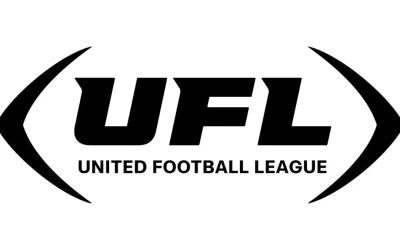In early 2008, Ticketmaster announced it was buying secondary ticket company TicketsNow, a $265 million move that was designed to jumpstart the company’s underperforming ticket resale business because its own TicketExchange had not caught on with fans.
Now, two and a half years later, what was once a business that was generating annual earnings of roughly $15 million, TicketsNow is struggling to make $1 million to $2 million per year, and new parent company Live Nation Entertainment is wondering what to do with it.
Michael Rapino, president and CEO of Live Nation Entertainment, made the stunning admission during a quarterly financials conference call yesterday, May 10. And, while he did not say the company was prepared to pull the plug on TicketsNow, he and other executives are exploring “strategic options” surrounding the business, including its potential sale.
“We currently are not having success in that division,” Rapino said. Though a sale price has not been disclosed, industry insiders estimate it could sell for less than a third of the original acquisition price.
Soon after the announcement of the Ticketmaster/Live Nation merger, Irving Azoff, executive chairman of Live Nation Entertainment, hinted at a possible sale of TicketsNow, in part because he and Rapino publicly harbored ill will toward the secondary ticket market, yet behind the scenes Azoff reportedly tried unsuccessfully to buy several secondary ticket companies in 2007, under a Ticketmaster-initiated program codenamed “Project Showtime.”
Almost from the beginning, the fit between TicketsNow and Ticketmaster was an uneasy one, and soon after the acquisition, ticket brokers complained that the deal could jeopardize their businesses, because Ticketmaster would have access to their competitive sales data, among other things.
Key executives left TicketsNow soon after the Ticketmaster acquisition, which set it back in the minds of many broker clients, and since the end of 2008, four different people have headed up the company.
In addition, Ticketmaster and TicketsNow also were accused of unfair business practices for allegedly redirecting Radiohead fans from Ticketmaster’s Web site to TicketsNow where tickets sell at a premium. It was a situation that would dog the two businesses and ultimately lead them to settle expensive complaints lodged by the New Jersey attorney general and the Federal Trade Commission over allegedly similar practices with Bruce Springsteen tickets.
Included in the settlements were promises that the two companies would not share ticket links, which hurt TicketsNow’s sales. The company has gone through more than one round of layoffs over the past two years as revenues and profits dropped, and TicketsNow’s business “deteriorated.”
“Our fundamental belief at Ticketmaster/Live Nation is that the answer to grow our business is less about trying to make $5 million or $6 million in service fees off of secondary ticket sales and much more important to figure out how to capture that $1 billion in up-sell on the face value of tickets,” Rapino said.
“So, whether it’s seat maps, dynamic pricing or just convincing the band that the front row is worth $400, not $100, we’re noticing a great reception by artists worldwide who would like to capture more of the upside, and our first goal is to figure out how to price the house right. If we do that, that would be the biggest way to grow our gross revenue versus any secondary strategy that was just capturing the fee side of the business,” he added.
Rapino did not disclose a time frame for when he hopes to have the TicketsNow situation resolved.
“We’re looking at whether it’s a salvageable business or not,” he said.


